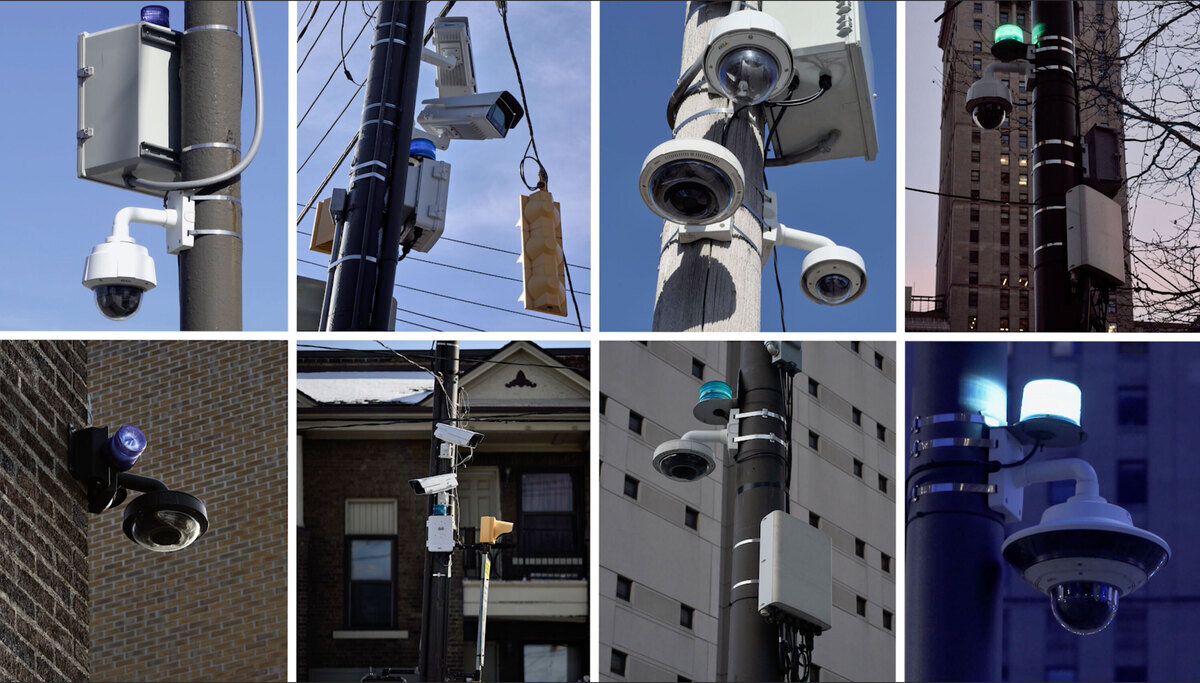…
The [second week of February, 2024,], The Marshall Project - Cleveland asked then-Safety Director Karrie Howard why his top aide could not provide details on the Technology Advisory Committee.
Howard acknowledged he had no public records, aside from the emails, that show he did any work toward forming the committee during the past 15 months. But he stressed the committee idea remained at the forefront of his office goals.
“I had it written on my whiteboard,” Howard said. “That is where I do my best thinking.”
He also said the committee would not meet in public but would instead issue a report after a quarterly meeting. When asked how taxpayers could rely on the accuracy of the reports compiled from those closed-door meetings, Howard said: “You’ll have to trust us.”
Weeks later, Howard abruptly resigned.
…
Many other cities that fell under federal consent decree agreements to reform their troubled departments have become more transparent over the deployment of cameras and other technology.
…
Created under the consent decree, the Cleveland Community Police Commission consists of citizen members who gather community feedback and review police policies and training related to transparency, bias and how police interact with the residents.
The commission can also override police discipline decisions made by the safety director and police chief. The independent body of 13 members draws its budget from the city’s General Fund
The Cleveland Community Police Commission urged Bibb in May 2022 to form a technology committee.
[Bolding added]


